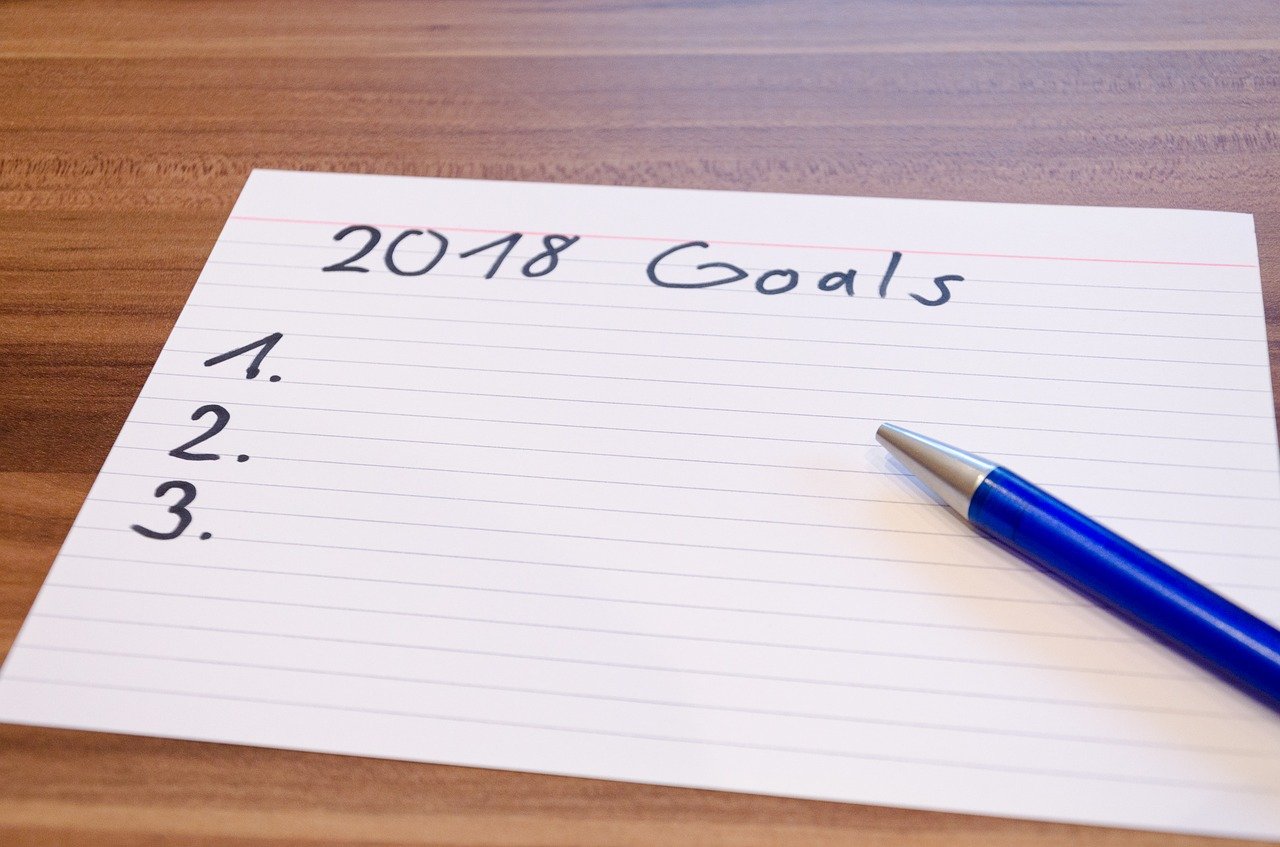Now that you’ve had time to recover from the holiday season and back into work mood, it’s time to tackle your finances. Whether getting on top of your finances was part of your New Year’s resolutions or not, many Brits will have put their spending onto a credit card and with pay day still some weeks away, you’re no doubt feeling the financial pinch.
According to research from CYBG’s digital banking service B, over a quarter of people in the UK are worried about meeting at least one major debt repayment in January and a third say finance is their biggest worry in 2018. To help you take control of your money in 2018, here are some money moves you should make as we move along into the New Year.
Change your mindset
Money and psychology really do go hand in hand, and if you really want to start seeing a difference, you have to change your mindset. Don’t make overwhelming and unrealistic goals. Also, be visual with your goals – you can use apps to help you.
Also, be aware of your own situation and don’t spend just because someone else is spending. According to psychologist Linda Papadopoulos, many people treat low moods by buying something to make them feel better. “Stop self medicating with spending. If your spending habits are tied to difficult feelings, then it’s time to find a better way of dealing with feelings.”
Check-in everyday
Whether you like to admit it or not, we all dip into social media everyday just to see what the world and our friends are up to.
This year, make dipping into your bank account a daily activity. If you are only checking your statement once a month, then it’s unlikely you are keeping tabs on your day-to-spending. You need to think about your money everyday.
Shift your debt
If you have significant debt on your credit card and are struggling to keep up with payments, then it’s just a matter time before that will spiral out of control with interest adding up, making it harder to pay off the money you owe. Consider shifting your debt to 0% credit card deal. You will need a good credit rating to get the top deal, but if you can, it means you can focus on paying off your minimum monthly amount without the worry of added interest.
Some credit cards offer as much as 30 months interest free on balance transfers, so this can buy you plenty of time to clear debt. But remember, it’s important to always keep up with minimum monthly payments, do not spend on the card, and close it or move to another deal when the 0% term ends.
Automate savings
As well as monitoring your spending, it’s important you save as well.
The best way to put money away is to automate savings. There are a number of apps that can help you do this, such as Chip or Plum – which use AI algorithms to determine an affordable savings amount for you and then automatically shift it for you.
If you are saving for the long term, move your saving into an investment ISA, where you can save as much as £20,000 in the current tax year, which ends 5 April 2018. There are a number of new digital bank accounts, such as B, by Clydesdale and Yorkshire Bank, which have apps that can do similar things and help you monitor spending.
You may find a new way of banking work better for you and there are a number of modern ways to bank, you no longer need a traditional high street bank account. Other accounts to look at include Atom Bank and Monzo, for example.
Budget
Finally, if you haven’t got a budget, get one. You can’t be in control of your money if you don’t have a clue about what is coming in and out.
Go back through at least six months’ worth of bank statements, old receipts etc to figure out where you’re spending. Then set yourself a budget for various categories, such as groceries, travel, and entertainment for example.
If you have money left over, that is great – shift it into savings. If you don’t have anything left, then it is time to start making a few cutbacks.

